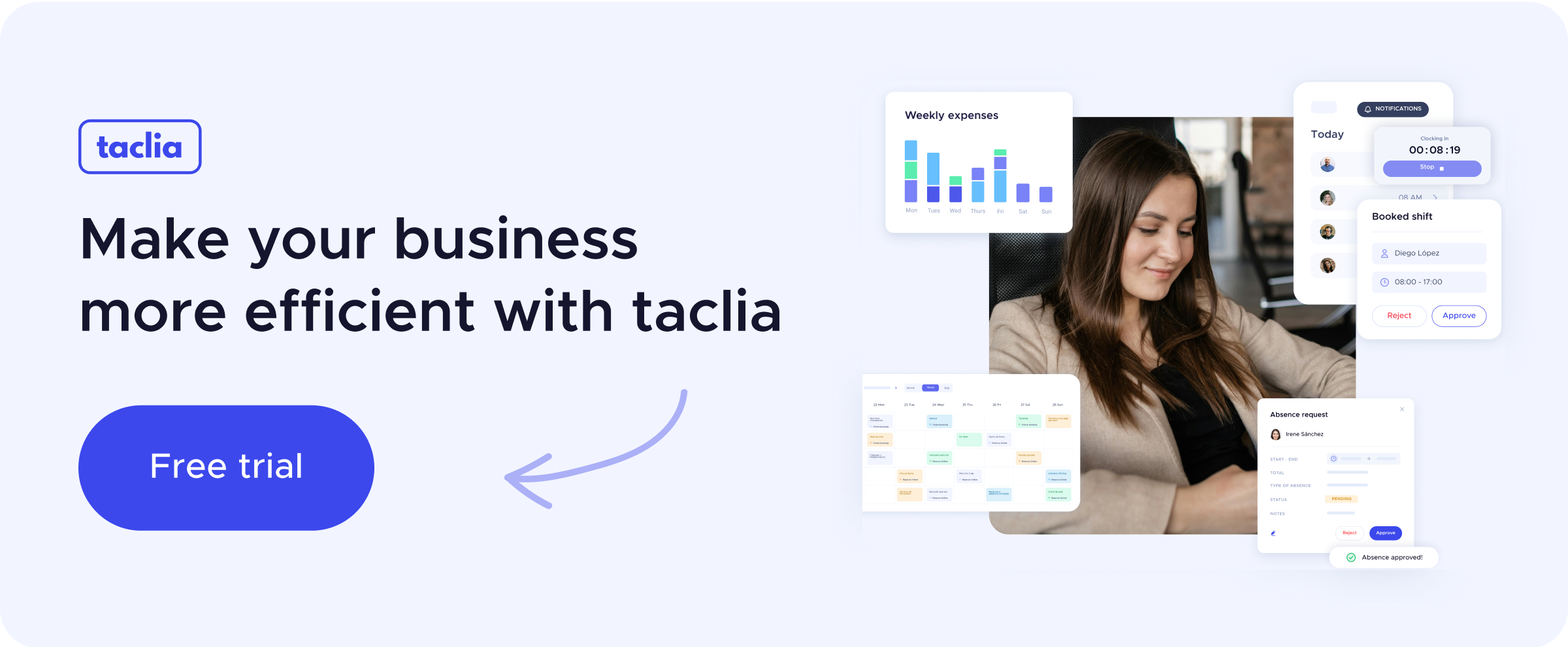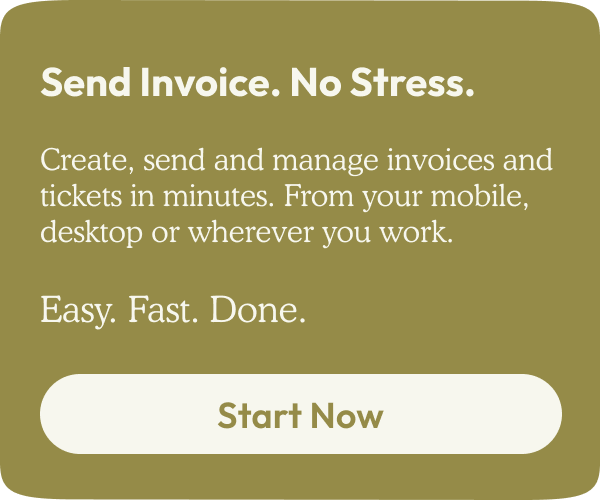ERP and CRM: Differences, benefits and how to choose the ideal one for your business


What is an ERP and how does it work?
Un ERP (Enterprise Resource Planning) is a software designed to integrate and centralize a company's key processes, such as finance, inventories, human resources and logistics.
For a more detailed explanation of what an ERP is and how it can optimize your business, we recommend reading our dedicated article: What is an ERP and how does it work?
Key features of an ERP
- Data Centralization: All departments have access to a unified database.
- Process automation: Reduce repetitive tasks, such as billing or the inventory management.
- Data-based decision-making: It provides real-time reports that facilitate strategic planning.
Practical EXAMPLE: A manufacturing company uses an ERP to manage its supply chain, monitor inventories and automate financial processes.
What is a CRM and what is it for?
A CRM (Customer Relationship Management) is a system focused on managing customer relationships.
Su main objective is to improve the customer experience and optimize sales and marketing strategies.
Key features of a CRM
- Customer Management: Centralize information about current and potential customers.
- Sales automation: It helps manage the business funnel and prioritize opportunities.
- Data analysis: It provides data on customer behavior to personalize marketing strategies.
Practical EXAMPLE: A sales team uses a CRM to track customer interactions, send personalized offers, and monitor the progress of negotiations.

Differences between ERP, CRM and SCM
Although ERP, CRM and SCM are essential tools for business management, they have different objectives and functionalities.
Practical EXAMPLE:
- ERP: Centralize all company data.
- CRM: Improve customer loyalty.
- SCM: Optimizes the flow of materials and products.
How to choose between an ERP and a CRM for your business
Factors to consider
- Business Objectives:
- Are you looking to integrate internal processes? Choose an ERP.
- Do you want to improve the relationship with your customers? Opt for a CRM.
- Business size:
- Small businesses often benefit more from a CRM as a starting point.
- Medium and large companies may need an ERP to manage complex processes.
- Budget: Evaluate the costs associated with implementing and maintaining each system.
- Integration: A CRM can be integrated with an ERP for combine functionalities and maximize benefits.
taclia: The ERP solution your company needs
With taclia, you can manage all the key aspects of your business from a single platform.
Key Benefits
- Process automation: It reduces manual tasks and saves time.
- Real-time reports: Make informed decisions with up-to-date data.
- Flexibility and scalability: It adapts to the needs of any type of company.
Whether you need an ERP, CRM, or both, taclia offers comprehensive solutions that optimize your operations and improve your business efficiency.
Try taclia for free and transform the management of your company.

